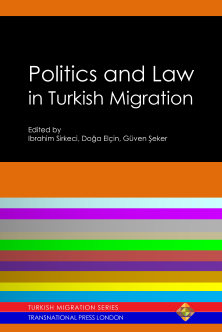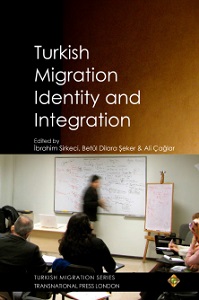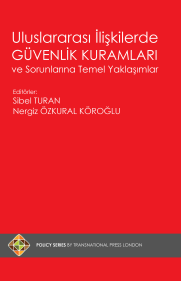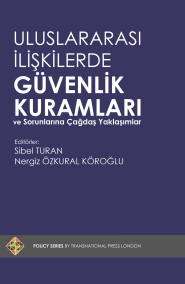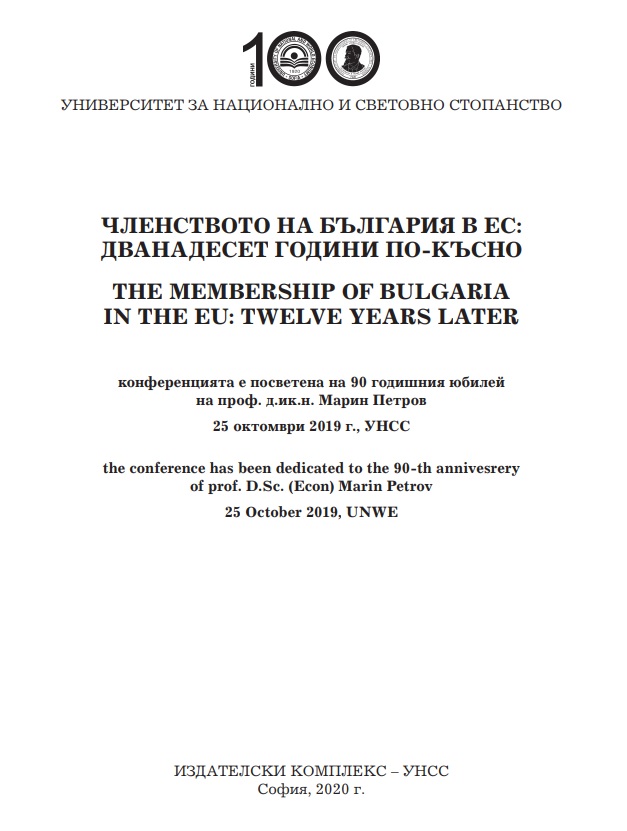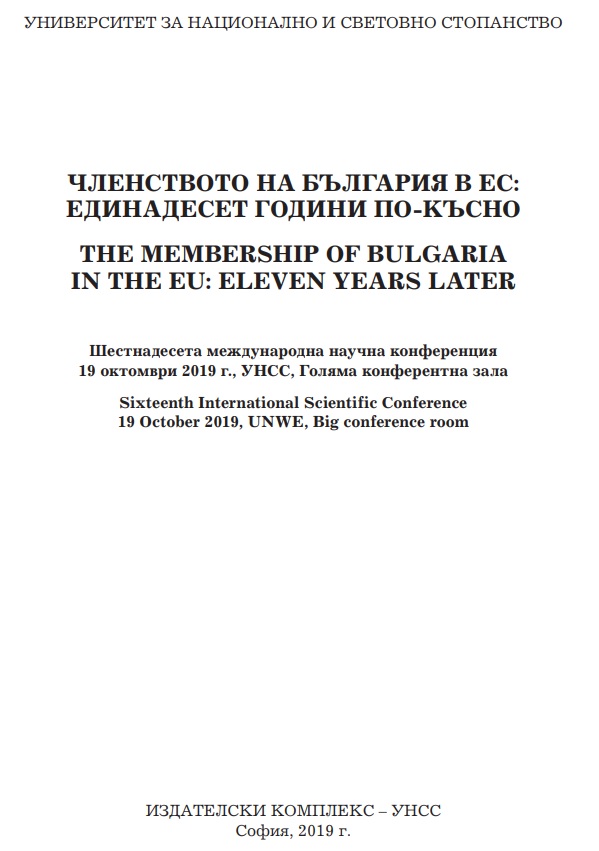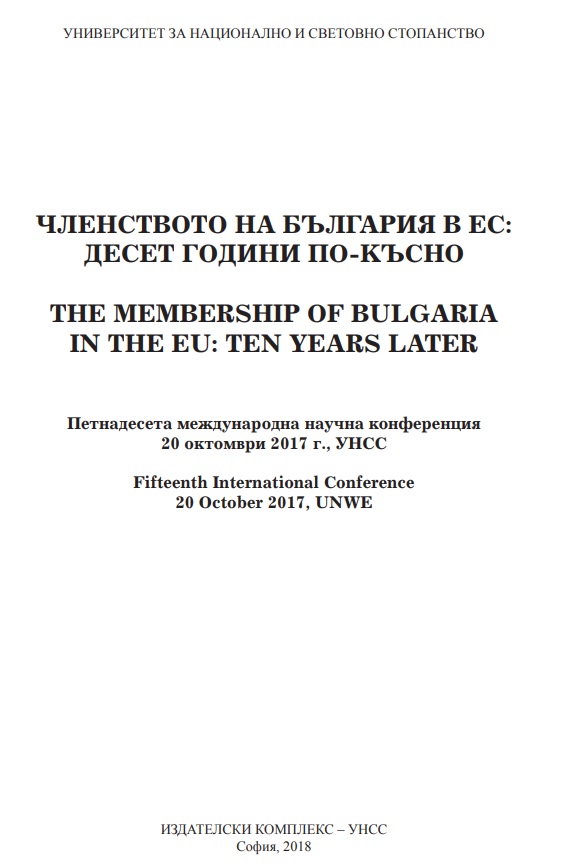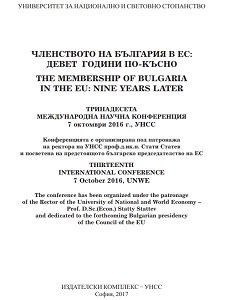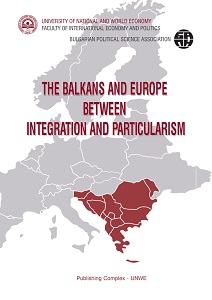
European Perspective and Connectivity of the Western Balkans as a Specific Priority of the First Bulgarian Presidency of the Council 2018
Please let me extend my gratitude to the Faculty of International Economy and Politics of the University of National and World Economy and to the Bulgarian Association of Political Science for the invitation and the opportunity to exchange withyou on the important topic of the European perspective and connectivity of the Western Balkans as a specific priority of the first Bulgarian Presidency of the Council 2018.
More...
